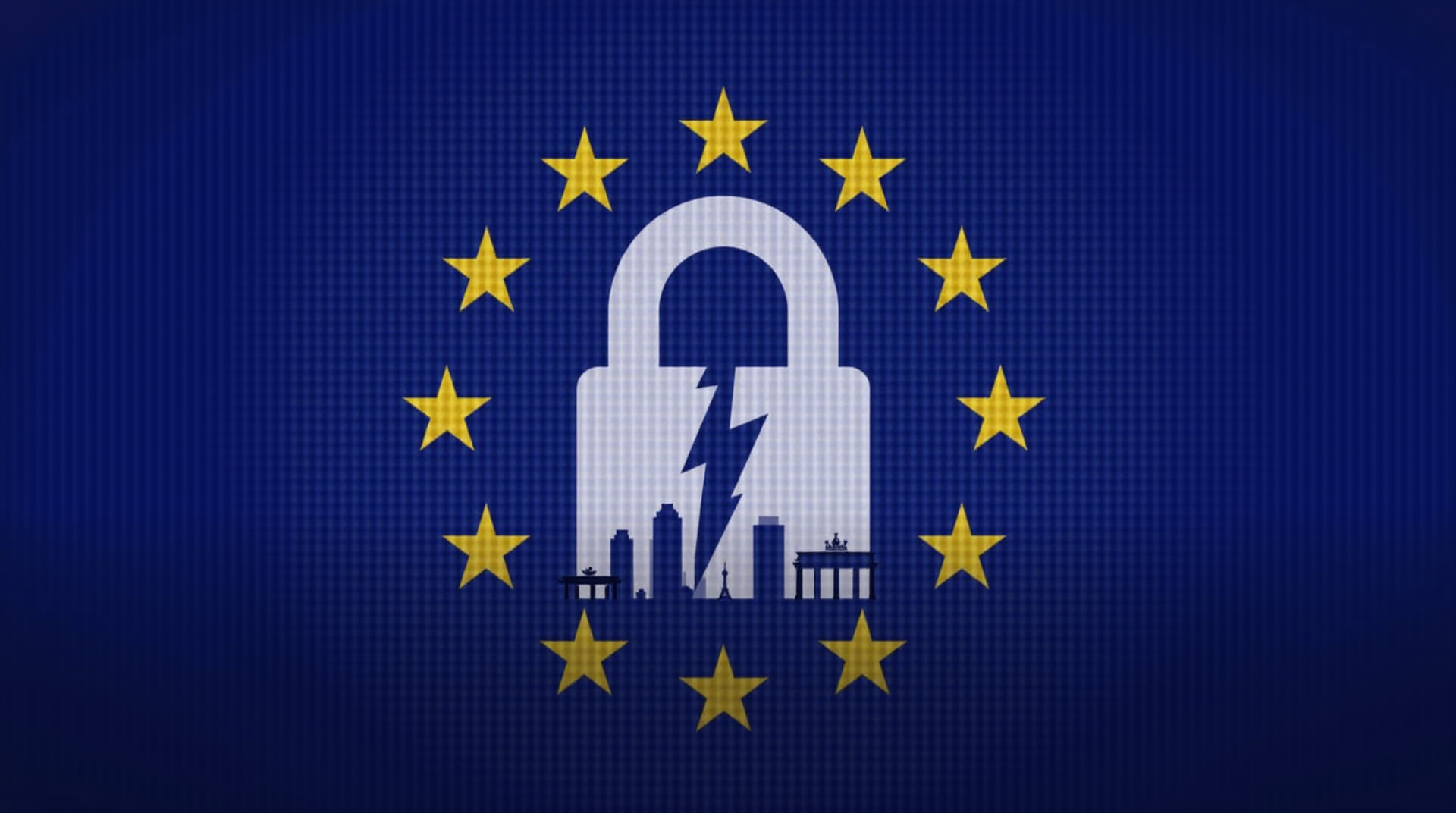Chat Control: mandatory scans of private communications and Germany’s pivotal October 2025 vote
A proposed EU regulation known as “Chat Control” would require mandatory scanning of private messages including end-to-end encrypted communications to detect child sexual abuse material (CSAM). This controversial measure has reignited the debate over privacy versus security across Europe, with Germany’s upcoming vote in October 2025 likely to determine its fate.
Political timeline and stakes
The proposal would oblige service providers to implement CSAM detection systems, even for encrypted messages. A decisive vote is scheduled among EU interior ministers in October 2025. Germany’s position—once clearly opposed—has become more ambiguous since its new government formed in May 2025, making its vote a potential tipping point.
Technical and legal risks
At the heart of the controversy is encryption. Scanning messages before or after encryption creates vulnerabilities that could be exploited by hackers or hostile states, undermining security for all users. Legally, the proposal may conflict with fundamental EU rights to privacy and data protection, and could face swift challenges in court if adopted.

Impact on the technology ecosystem and digital sovereignty
Mandatory scanning would impose heavy costs on European tech firms—especially those built on privacy—and could erode trust in secure messaging platforms. It might also disrupt links between messaging services and decentralized finance applications. By weakening encryption, the proposal risks stifling free expression and putting European companies at a global disadvantage.
Actors and pressures
Civil society groups, tech companies, and some EU member states are advocating for more targeted alternatives that preserve encryption. On the other side, law enforcement and some governments argue automated tools are essential to combat CSAM at scale. The tension between protecting children and upholding digital rights continues to shape the debate.


